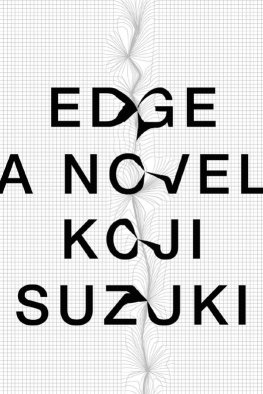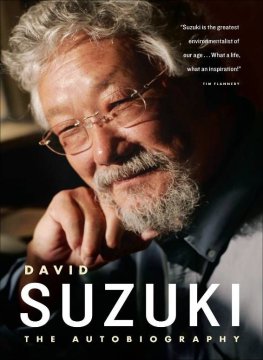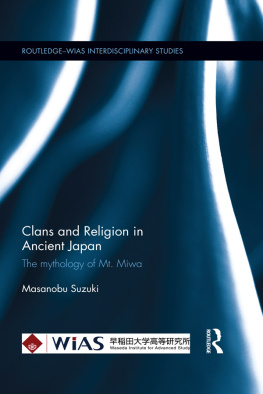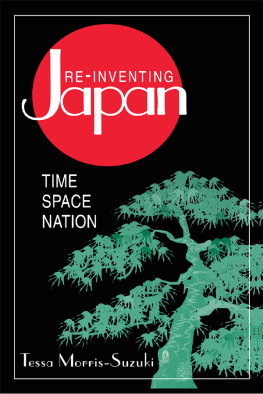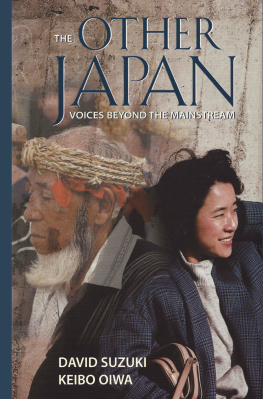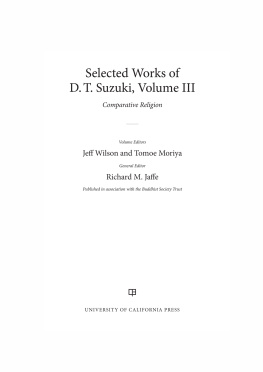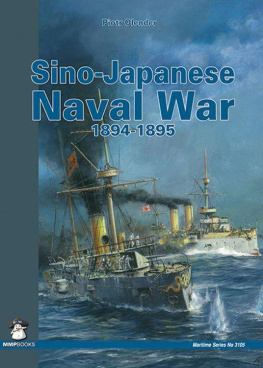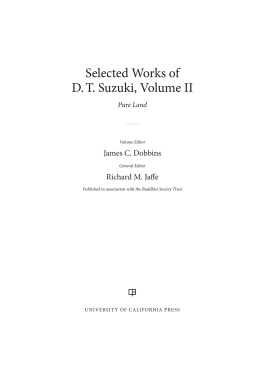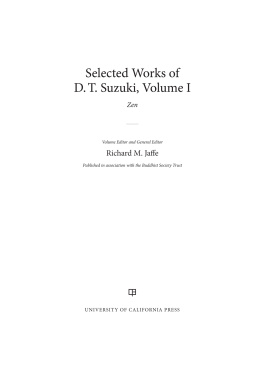
Britain, Japan and China, 18761895
This book revises the conventional wisdom about the Anglo-Japanese relationship in the late nineteenth century that these two countries were bound by mutual sympathy and common interests, and therefore the common ground which led to the signing of the Anglo-Japanese Alliance in 1902, had already existed in the 1880s. Such understandings fail to take into account of the fact that the Qing dynasty of China had emerged as the strongest regional power in East Asia by reasserting its influence as the traditional suzerain of the region in the years prior to the First Sino-Japanese War. The British and the Japanese governments clearly recognised that it would become difficult to maintain their interests in East Asia if they antagonised the Qing by challenging its claim of suzerainty over Korea. It was difficult for them to come to closer terms when their priority before 18945 was to maintain good relations with China, and when they were also experiencing numerous diplomatic difficulties with each other.
Yu Suzuki is a Postdoctoral Research Fellow of the Japan Society for the Promotion of Science, affiliated to the School of Government, Kyoto University
Routledge Studies in the Modern History of Asia
151. Tuberculosis The Singapore Experience, 1867-2018
Disease, Society and the State
Kah Seng Loh and Li Yang Hsu
152. Caste in Early Modern Japan
Danzaemon and the Edo Outcaste Order
Timothy D. Amos
153. Performing the Politics of Translation in Modern Japan
Staging the Resistance
Aragorn Quinn
154. Malaysia and the Cold War Era
Edited by Ooi Keat Gin
155. Chinese Hinterland Capitalism and Shanxi Piaohao
Banking, State, and Family, 1720-1910
Luman Wang
156. Eisaku Sat, Japanese Prime Minister, 1964-72
Okinawa, Foreign Relations, Domestic Politics and the Nobel Prize
Ryuji Hattori
157. Japan's Pan-Asian Empire
Wartime Intellectuals and the Korea Question, 1931-1945
Seok-Won Lee
158. Britain, Japan and China, 1876-1895
East Asian International Relations before the First Sino-Japanese War
Yu Suzuki
For a full list of available titles please visit: https://www.routledge.com/Routledge-Studies-in-the-Modern-History-of-Asia/book-series/MODHISTASIA
First published 2021
by Routledge
2 Park Square, Milton Park, Abingdon, Oxon OX14 4RN
and by Routledge
52 Vanderbilt Avenue, New York, NY 10017
Routledge is an imprint of the Taylor & Francis Group, an informa business
2021 Yu Suzuki
The right of Yu Suzuki to be identified as author of this work has been asserted by him in accordance with sections 77 and 78 of the Copyright, Designs and Patents Act 1988.
All rights reserved. No part of this book may be reprinted or reproduced or utilised in any form or by any electronic, mechanical, or other means, now known or hereafter invented, including photocopying and recording, or in any information storage or retrieval system, without permission in writing from the publishers.
Trademark notice: Product or corporate names may be trademarks or registered trademarks, and are used only for identification and explanation without intent to infringe.
British Library Cataloguing-in-Publication Data
A catalogue record for this book is available from the British Library
Library of Congress Cataloging-in-Publication Data
A catalog record has been requested for this book
ISBN: [978-1-138-35471-5] (hbk)
ISBN: [978-0-429-42460-1] (ebk)
Typeset in Times
by KnowledgeWorks Global Ltd.
Dedicated to my family
Contents
This monograph is an adaptation of author's doctoral dissertation, which was submitted to the London School of Economics and Political Science in 2015. He takes this opportunity to appreciate every one of his colleagues and friends, as every conversation and interaction that he had with them influenced him in many respects. Without them, this monograph would have become something very different.
There are several individuals who have been particularly influential in this work. The foremost appreciation goes to the author's doctoral supervisor, Dr. Antony Best, as it was impossible for this monograph to be published without his advises and encouragements. Dr. Best remained the first person to contact for inquiries with regard to this research, even after the completion of the author's doctoral programme, and he also kindly offered to read through the draft of this monograph. He is the individual that the author will forever look up to as his mentor.
The author would also like to thank Professor Naraoka Schi, who is his present postdoctoral supervisor at the Kyoto University. He also offered to read over some of the chapters of this monograph, provided many insightful advises to this monograph as a specialist on the diplomatic history of Japan in the modern era, and introduced the author to numerous Japanese primary sources that were essential to this research. The author also learned about the most recent state of Japanese academia through him.
The author's research was supported through various institutions after he completed his Ph.D in October 2016. It was impossible for him to continue working as an academic without the support of the Suntory Foundation, which generously granted him the Torii Postdoctoral Fellowship from April 2017 to March 2019. The author was affiliated to the Research Center for Advanced Science and Technology of the University of Tokyo for much of these two years, and is indebted to Professor Makihara Izuru, who kindly invited him into this institution. The final process of the writing of this monograph was completed after the author started his tenure as the Postdoctoral Research Fellow of the Japan Society for the Promotion of Science (J.S.P.S.).
Professors Ian Nish (Emeritus, London School of Economics), Ishida Ken (Chiba University), Kumamoto Fumio (Komazawa University), and Mori Yasuo (Doshisha University), also provided the author with many valuable advises. The author would also like to thank his Master's supervisors, Professor John Ferris and Dr. David Wright at the University of Calgary. They too are the mentors who influenced the author in so many ways. Dr. Mahon Murphy of the Kyoto University also kindly offered to read over the draft of the original dissertation, and some of the chapters in this monograph as well. The author would also like to thank all of the archivists who allowed him to access the manuscripts which they possess. Lastly, he would like to use this opportunity to express his appreciation to his family for their support, and this monograph is dedicated to them.
The readers should nonetheless be reminded that although the author has been inspired and influenced by so many people and institutions, he is solely responsible for all of the criticisms that this monograph deserves.
Acknowledgement of Funding
The publication of this monograph was supported by the Suntory Foundation Overseas Publication Grant.
This monograph will use the McCune-Reischauer format for Romanisation of the Korean language for most of the Korean words and Pinyinfor the Chinese. The Hepburn format will be used for Japanese, and prolonged vowels will be differentiated (eg. O and , u, and ). There will be some exceptions, as there are several pronouns that are more commonly known in other Romanisation formats, such as Seoul (instead of Sul), Hong Kong (instead of Xianggang), Tokyo (instead of Tky), and Ryukyu (instead of Ryky).



